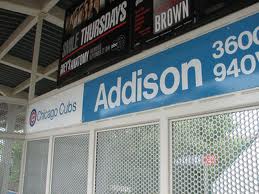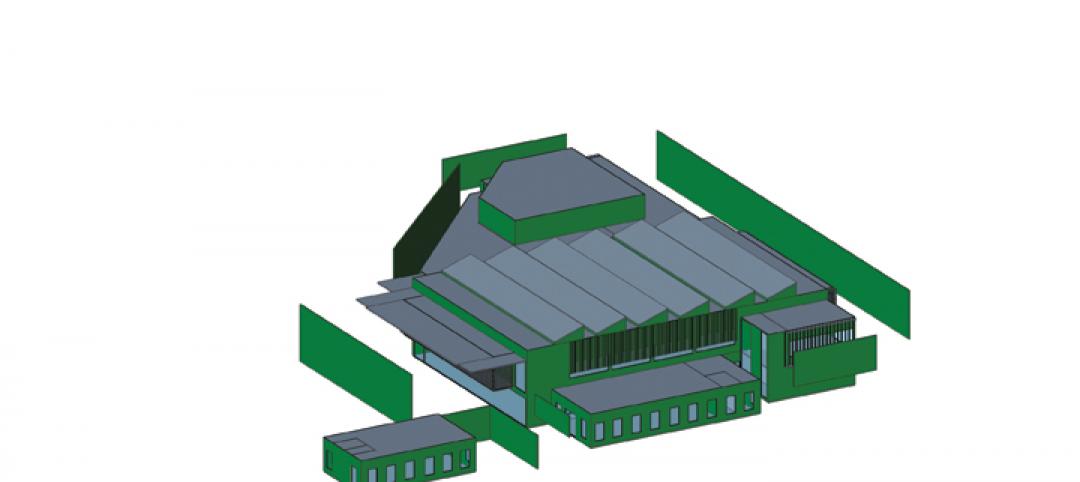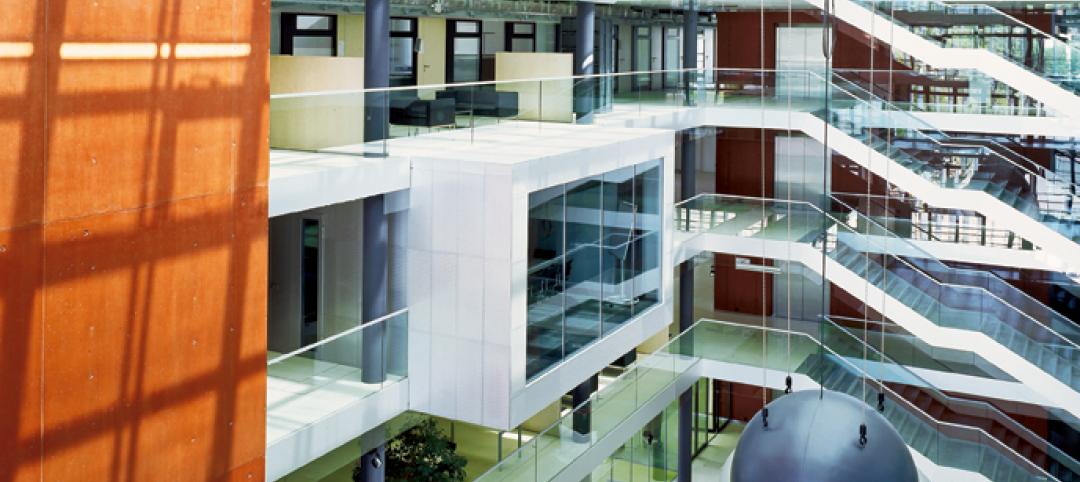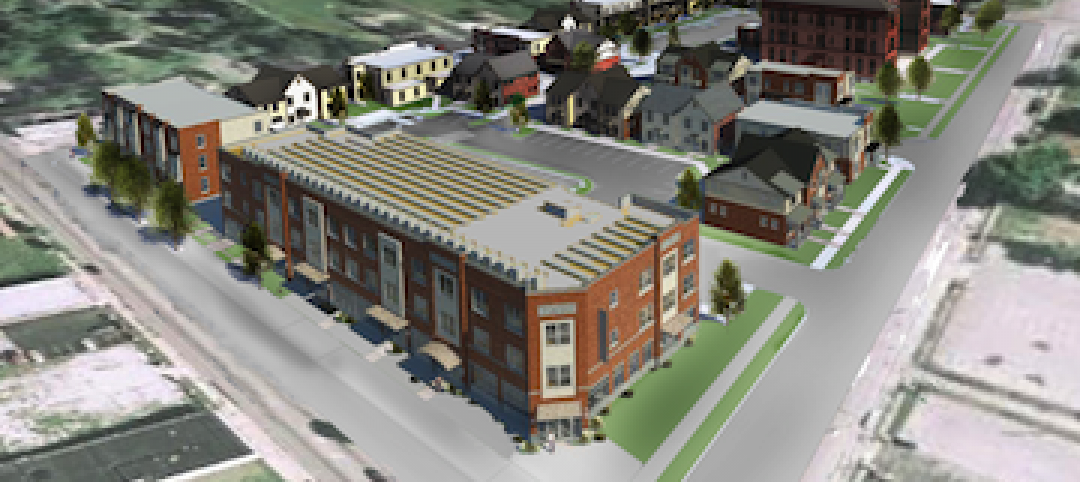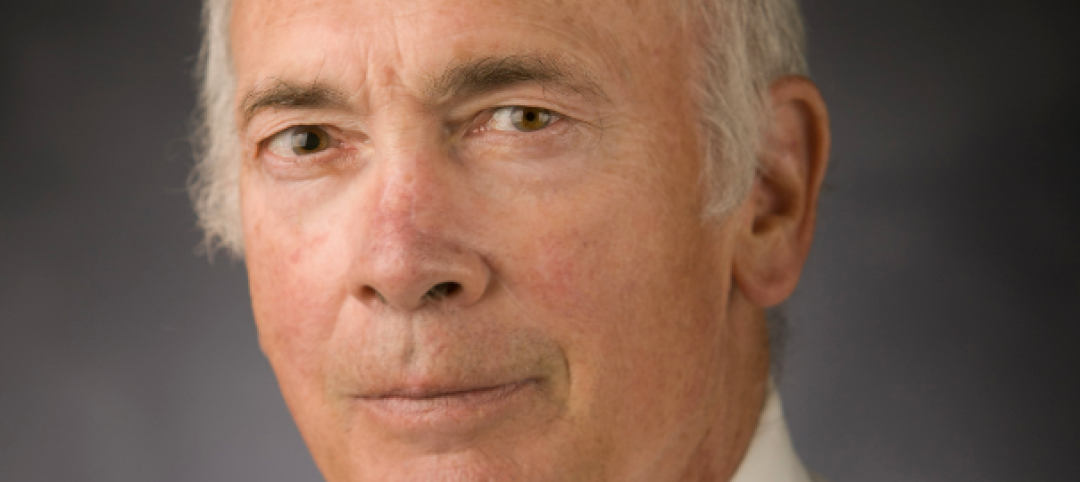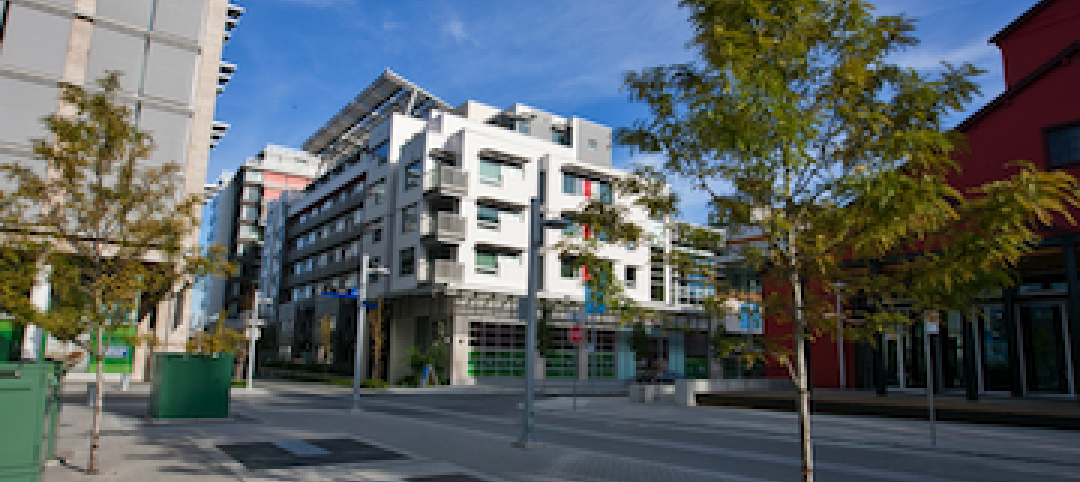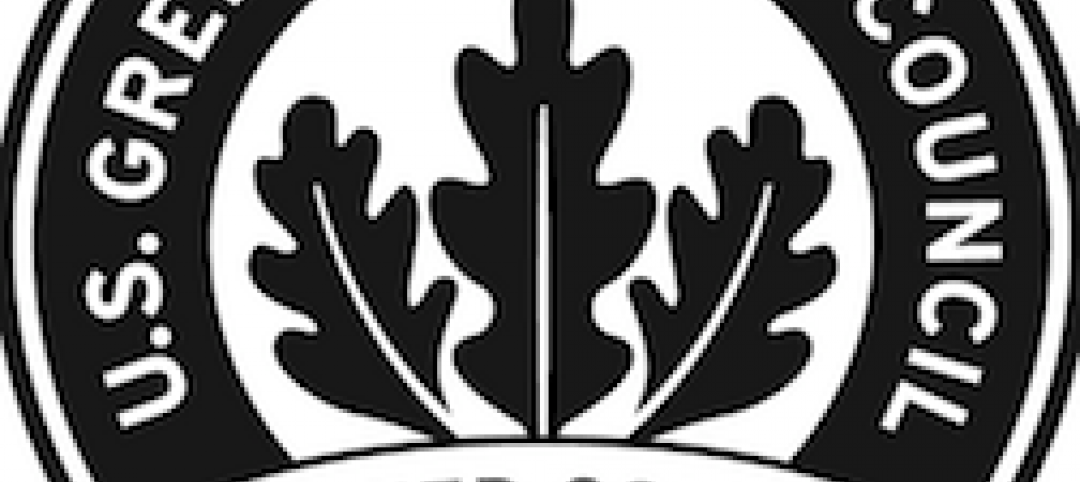In collaboration with renowned architect Stanley Tigerman and veteran urban planner William Martin, Chicago Architecture Foundation (CAF) opens the new temporary exhibition Design on the Edge: Chicago Architects Reimagine Neighborhoods September 21 in the atrium of the historic Santa Fe building on Michigan Ave.
Design on the Edge presents plans created by seven teams of nine Chicago-based architects to reimagine seven of the city’s neighborhoods to encourage street life, retail districts and dense housing around the existing “L” transit system.
From neighborhoods replacing streets and cars with pedestrian boulevards to a magnetic levitation monorail, the concepts in this exhibition aim to inspire Chicagoans to imagine a more connected, vibrant and livable city.
“Design on the Edge aligns with the mission of the Chicago Architecture Foundation by engaging Chicagoans, architects, and civic leaders, including the new mayoral administration, in reimagining their communities,” said CAF President and CEO Lynn Osmond. “CAF, a leading forum for public learning and engagement in dialogue about the built world, is thrilled to be the venue for these stimulating projects, which continue Chicago’s tradition of bold thinking.”
The architects who created Design on the Edge are: Stanley Tigerman, John Ronan, Jeanne Gang, Ross Wimer, Darryl Crosby, Doug Garofalo with Xavier Vendrell, Sarah Dunn, Martin Felsen, and Patricia Saldaña Natke. The exhibition builds on the 2005 project, Visionary Chicago Architecture, in which seven teams of two Chicago architects devised plans for seven areas in downtown Chicago. Just as Visionary Chicago Architecture was presented to Mayor Richard M. Daley, Design on the Edge will be presented to Mayor Rahm Emanuel.
“The charge to each of the seven teams was to envision what the locus of energy in outlying neighborhoods might become in a yet-to-be-determined future and what such energy might bring to the city as a whole,” said Tigerman. “This alternative visionary effort reimagines satellite communities within Chicago’s city limits were once dependant on city life and now have their own reason for being.”
The seven teams and the project sites assigned to them by Tigerman are:
John Ronan: Loyola Red Line stop/Rogers Park Jeanne Gang: Addison Red Line stop/Wrigleyville Doug Garofalo/Xavier Vendrell: Addison Brown Line stop/Roscoe Village Sarah Dunn/Martin Felsen: Western Blue Line stop/Near West Side Patricia Saldaña Natke: 18th Street Pink Line stop/Pilsen Ross Wimer: Midway Airport Orange Line stop/Southwest Side Darryl Crosby: 35th Street Green Line stop/Bronzeville
The Design on the Edge exhibition will surround the popular Chicago Model City in the atrium of the historic Santa Fe building, and will also include a companion catalogue for sale in the CAF Shop. The publication contains illustrations of each project and essays by art historian Paul Jaskot and co- organizers Tigerman and William Martin. BD+C
Related Stories
| Nov 2, 2010
Energy Analysis No Longer a Luxury
Back in the halcyon days of 2006, energy analysis of building design and performance was a luxury. Sure, many forward-thinking AEC firms ran their designs through services such as Autodesk’s Green Building Studio and IES’s Virtual Environment, and some facility managers used Honeywell’s Energy Manager and other monitoring software. Today, however, knowing exactly how much energy your building will produce and use is survival of the fittest as energy costs and green design requirements demand precision.
| Nov 2, 2010
Yudelson: ‘If It Doesn’t Perform, It Can’t Be Green’
Jerry Yudelson, prolific author and veteran green building expert, challenges Building Teams to think big when it comes to controlling energy use and reducing carbon emissions in buildings.
| Nov 2, 2010
Historic changes to commercial building energy codes drive energy efficiency, emissions reductions
Revisions to the commercial section of the 2012 International Energy Conservation Code (IECC) represent the largest single-step efficiency increase in the history of the national, model energy. The changes mean that new and renovated buildings constructed in jurisdictions that follow the 2012 IECC will use 30% less energy than those built to current standards.
| Nov 1, 2010
Sustainable, mixed-income housing to revitalize community
The $41 million Arlington Grove mixed-use development in St. Louis is viewed as a major step in revitalizing the community. Developed by McCormack Baron Salazar with KAI Design & Build (architect, MEP, GC), the project will add 112 new and renovated mixed-income rental units (market rate, low-income, and public housing) totaling 162,000 sf, plus 5,000 sf of commercial/retail space.
| Nov 1, 2010
John Pearce: First thing I tell designers: Do your homework!
John Pearce, FAIA, University Architect at Duke University, Durham, N.C., tells BD+C’s Robert Cassidy about the school’s construction plans and sustainability efforts, how to land work at Duke, and why he’s proceeding with caution when it comes to BIM.
| Nov 1, 2010
Vancouver’s former Olympic Village shoots for Gold
The first tenants of the Millennium Water development in Vancouver, B.C., were Olympic athletes competing in the 2010 Winter Games. Now the former Olympic Village, located on a 17-acre brownfield site, is being transformed into a residential neighborhood targeting LEED ND Gold. The buildings are expected to consume 30-70% less energy than comparable structures.
| Oct 27, 2010
Grid-neutral education complex to serve students, community
MVE Institutional designed the Downtown Educational Complex in Oakland, Calif., to serve as an educational facility, community center, and grid-neutral green building. The 123,000-sf complex, now under construction on a 5.5-acre site in the city’s Lake Merritt neighborhood, will be built in two phases, the first expected to be completed in spring 2012 and the second in fall 2014.
| Oct 21, 2010
GSA confirms new LEED Gold requirement
The General Services Administration has increased its sustainability requirements and now mandates LEED Gold for its projects.
| Oct 18, 2010
World’s first zero-carbon city on track in Abu Dhabi
Masdar City, the world’s only zero-carbon city, is on track to be built in Abu Dhabi, with completion expected as early as 2020. Foster + Partners developed the $22 billion city’s master plan, with Adrian Smith + Gordon Gill Architecture, Aedas, and Lava Architects designing buildings for the project’s first phase, which is on track to be ready for occupancy by 2015.


